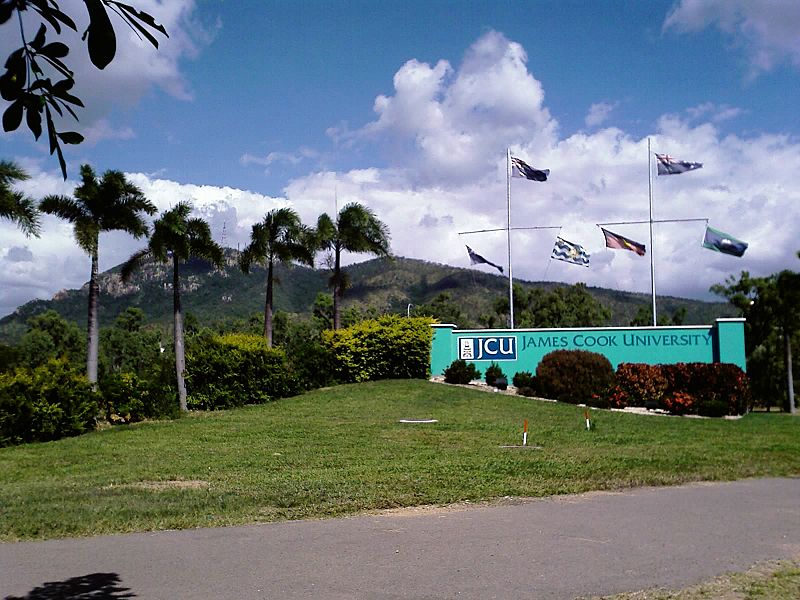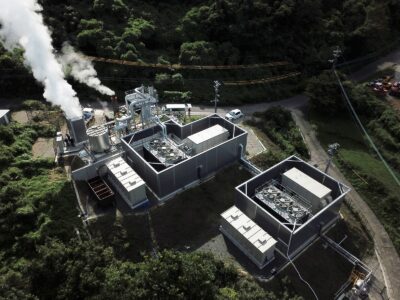James Cook University, Australia, Aims for Energy Geoscience Research and Teaching.
The Australian James Cook University and its School of Earth and Environmental Science are aiming for energy geoscience research and are looking to fill open positions in Queensland, Australia.
“The task of a university is the creation of the future, so far as rational thought and civilized modes of appreciation can affect the issue”.
From an Earth Science perspective, “the creation of the future” envisaged by the philosopher Alfred North Whitehead necessitates investigating non-traditional geo-energy sources such as coal bed methane, shale gas, and geothermal energy, and having a renewed look at Uranium. The formidable technical challenges in exploiting geo-energy require focussed research, while the burgeoning geo-energy industry is already searching for graduates trained in the appropriate sub-disciplines of Earth Science. The School of Earth and Environmental Science at James Cook University, Queensland, Australia, is internationally recognised for research and teaching in mineral resources and economic geology. The school aims to expand this expertise into research and education for a major resource of the future: geo-energy.
Several current research strengths at JCU can make strong contributions to geo-energy research: for example, capability in modeling of mineral resource genesis on prospect to terrain scales readily translates into energy resources. There is an obvious synergy with the School of Engineering and Physical Science, which has expertise in numerical modelling of fracture and fluid flow. Hydrology is crucial to geo-energy exploitation, so the school’s expertise in this field will be important. The planning discipline might be involved in geothermal energy delivery. Geo-energy research will be integrated into undergraduate and postgraduate teaching and learning through a continuous process of curriculum review. The school’s strong tradition in field geology is valued by students and their employers; these skills will be appreciated by the geo-energy community. The geo-energy focus is part of a larger program on energy that is growing at JCU, which includes biofuel and CO2 sequestration research, and contributes to an overarching theme of sustainability.
The School is therefore looking to make an appointment in geosciences with expertise in the broad field of energy resources. We particularly invite applicants to apply with experience in the fields of coal seam gas, shale-hosted gas, coal, uranium, geothermal energy or carbon sequestration. The post will complement existing strengths in the School and will build connections with the geo-energy industry in Queensland.
See http://www-public.jcu.edu.au/jobs/academic/JCUPRD1_067828
Enquiries to: Professor Paul Dirks, telephone (07) 4781 5407, e-mail: paul.dirks@jcu.edu.au.
Tom Blenkinsop, Head of Earth Science Discipline, School of Earth and Environmental Sciences, James Cook University


















